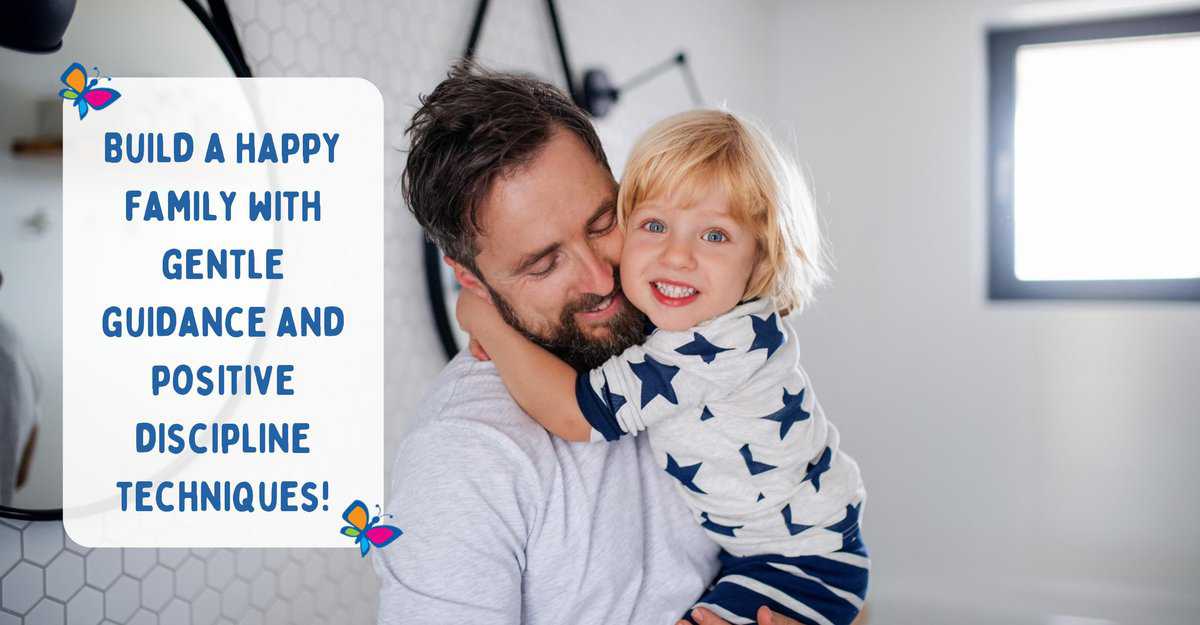As parents, we all strive for a happy and harmonious family life. One of the critical components to achieving this goal is mastering the art of positive discipline. Positive discipline is a parenting approach that focuses on teaching and guiding children through respectful communication and gentle techniques rather than relying on punishment and coercion. By implementing the principles of positive discipline in your household, you can create a nurturing and supportive environment that fosters cooperation, self-esteem, and emotional intelligence in your children.

What is Positive Discipline?
One of the first steps in mastering positive discipline is understanding the concept. Positive discipline is about setting clear and consistent expectations for your children while also maintaining a respectful and empathetic attitude toward them. It involves communicating with your children in a way that honors their feelings and perspectives and using positive reinforcement to encourage good behavior. By reinforcing positive actions, you promote a sense of self-worth and self-control in your children.
Redirecting Behavior
Another essential aspect of positive discipline is redirecting negative behavior gently. Positive discipline encourages parents to address misbehavior with calmness and compassion rather than resorting to harsh discipline tactics, such as yelling or physical punishment. You can effectively correct their behavior without damaging their sense of self-worth by helping children understand the consequences of their actions and guiding them toward more appropriate behavior.
Learning by Example
Self-regulation is also a crucial component of positive discipline. As parents, it is essential to model the behavior you wish to see in your children. By practicing self-control, patience, and empathy in your interactions with your children, you demonstrate the values of respect and kindness you hope to instill in them. Children learn by example, and by modeling appropriate behavior, you teach them valuable life skills that will serve them well.
Consequences & Accountability
Finally, implementing fair and constructive consequences is essential to positive discipline. Consequences should be designed to teach valuable lessons and encourage reflection on the part of the child. Rather than using punishment to control behavior, positive discipline focuses on helping children understand the consequences of their actions and learn from their mistakes. By approaching discipline in this way, you can help your children develop a strong sense of responsibility and accountability.
Mastering the art of positive discipline is essential for creating a happy and thriving family. By understanding the principles of positive discipline, setting clear expectations, communicating with respect and empathy, using positive reinforcement, redirecting negative behavior, practicing self-regulation, and implementing fair consequences, you can foster a loving and supportive environment that nurtures your children’s growth and development. Remember, positive discipline is not just about correcting behavior but building a strong and healthy relationship with your children based on mutual respect and understanding.


